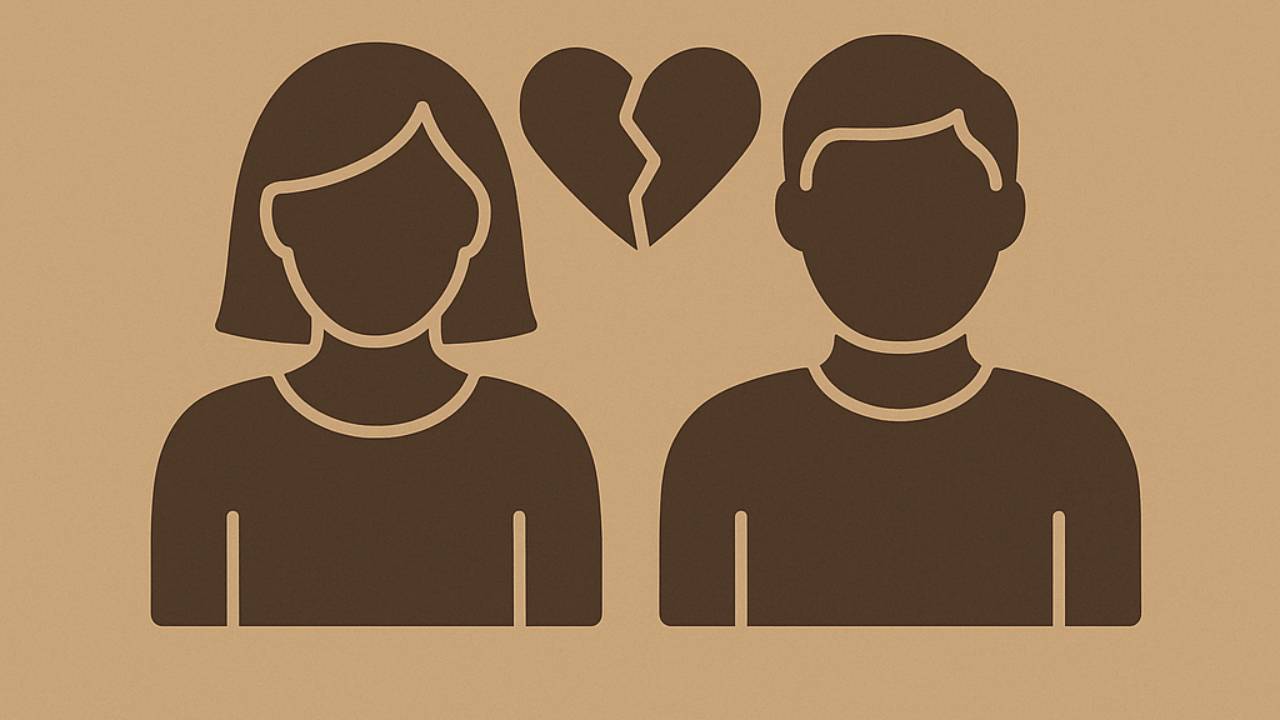What is Trauma Bonding?
Sep 13, 2025
Understanding the Hidden Hold of Abusive Relationships
If you’re reading this, you might be wondering why it’s so hard to walk away from someone who hurts you or why you still miss them after leaving. Please know you’re not alone. What you’re feeling has a name: trauma bonding.
Trauma bonding isn’t your fault. It’s a real psychological response that can happen to anyone.
What Trauma Bonding Really Is
Trauma bonding is an intense emotional connection that forms when someone repeatedly hurts you, then follows it up with kindness or affection (Dutton & Painter, 1993). It can feel like an invisible chain holding you to a person who isn’t safe for you.
Your brain gets stuck trying to make sense of the mixed signals. One moment your partner is cruel and frightening, and the next they’re loving and sweet. Naturally, you hold onto the good moments and hope they’ll last. This back-and-forth creates a powerful attachment that feels like love but is really rooted in fear, hope, and survival.
How Trauma Bonding Develops
Trauma bonding usually builds gradually, and many people don’t recognize what’s happening until they’re deeply attached.
The Cycle That Strengthens the Bond
Tension Phase:
Your partner grows irritable or distant. You may feel like you’re walking on eggshells, trying to keep the peace.
Explosion Phase:
This is when the harm happens: yelling, insults, physical aggression, or other abusive behaviors. You feel scared, hurt, and shaken.
Honeymoon Phase:
Afterward, they might apologize, act sweet, bring you gifts, or promise to change. This moment feels like a huge relief.
Calm Phase:
Things settle down for a while. You start to believe the abuse was a one-time event or that they really are changing until the cycle begins again.
Why Your Brain Clings to the Relationship
Abuse puts your body on high alert, flooding it with stress hormones like adrenaline and cortisol. When the “honeymoon” moments come, your brain releases feel-good chemicals like dopamine and oxytocin (van der Kolk, 2014). This creates a chemical rollercoaster that your brain starts to crave, very similar to addiction.
Signs You Might Be Trauma Bonded
It can be hard to see clearly when you’re in the middle of it. Here are some signs:
-
Making excuses for their behavior to others
-
Feeling protective of them, even when they hurt you
-
Believing you can “save” or “fix” them
-
Experiencing extreme highs and lows in the relationship
-
Feeling like you can’t live without them
-
Returning after leaving, even when you know it’s unsafe
-
Feeling grateful for small kindnesses after abuse
-
Blaming yourself for their actions
-
Thinking no one else would understand your relationship
Having these feelings doesn’t make you weak. It makes you human.
Why Leaving Feels Impossible
People often ask survivors, “Why didn’t you just leave?” But the answer isn’t simple. Trauma bonding makes leaving feel terrifying.
-
Fear of the Unknown: Even if your relationship is unsafe, it’s familiar. The unknown can feel scarier than staying.
-
Hope Addiction: When they’re kind, you feel hope they’ll change, and that hope can be addictive.
-
Isolation: Abusers often cut partners off from friends and family, making it harder to find support.
-
Financial Control: If they control money, leaving might feel impossible.
-
Trauma Responses: Abuse affects how you think and make decisions, sometimes leaving you doubting your own judgment (Herman, 2015).
Healing Is Possible
Getting out of a trauma bond takes time, but you can do it.
Start Small
You don’t have to leave right away if it’s unsafe. Begin by:
-
Reconnecting with one trusted person
-
Writing down what happens in a private journal
-
Saving a little money if you can
-
Learning about local resources
Reach Out for Support
You deserve help and safety. Consider connecting with:
-
The National Domestic Violence Hotline: 1-800-799-7233
-
A trauma-informed therapist
-
A local or online survivor support group
-
Someone you trust who can help keep you safe
Be Gentle With Yourself
Healing isn’t linear. Some days will feel like steps forward, others like steps back, and that’s okay. Every small choice toward safety matters.
Focus on Facts, Not Just Feelings
Your feelings can pull you back toward your abuser. Ask yourself:
-
How do they actually treat me?
-
Am I safe here?
-
What advice would I give a friend in my situation?
Moving Forward After Trauma Bonding
Recognizing what’s happening is a huge first step toward freedom.
-
Professional Help: A therapist can help you process what happened, rebuild your confidence, and learn what healthy love looks like.
-
Building Healthy Relationships: Safe relationships feel steady, respectful, and free of fear.
-
Rediscovering Yourself: Take time to reconnect with your interests, goals, and dreams.
And most importantly: you deserve better. Love should never hurt.
If you’ve left and still miss your abuser, that doesn’t mean you should go back. It means your brain is still healing. Those feelings will fade over time. You are stronger than you know, and a safe, loving life is possible.